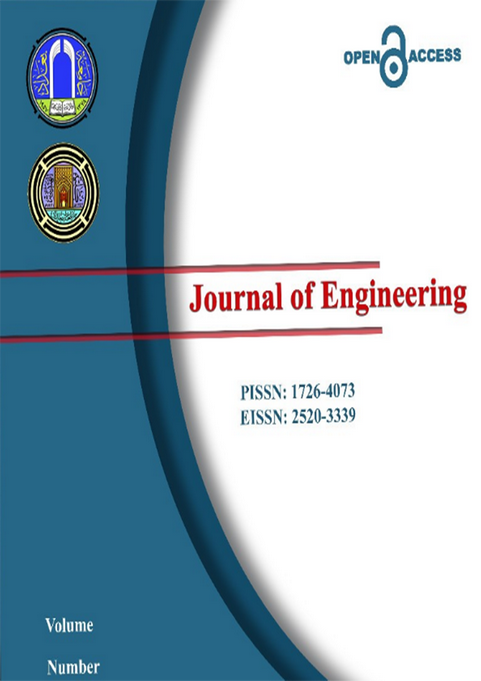Abstract
Many researchers tried to prevent or reduce moisture damage and its sensitivity to temperature to
improving the performance of hot mix asphalt because it is decreasing the functional and structural
life of fixable pavement due to the moisture damage had exposed to it.
The main objective of this study is to inspect the effect of (fly ash “3%, 6%, 12%”, hydrated
lime”5%, 10%, 20%” and silica fumes”1%, 2%, 4%) referring to previous research by the net
weight asphalt cement as a modified material on the moisture and temperature sensitivity of hot mix
asphalt. This was done using asphalt from AL-Nasiria refinery with penetration grade 40-50,
nominal maximum size (12.5) mm (surface course) of aggregate and one type of mineral fillers
(limestone dust) with 7%.
To achieve the requirements of this study, the indirect tensile strength test according to (AASHTO
T 283) criteria and compressive strength test were adopted to evaluate the index of retained strength
according to (ASTM D 1075) to identify the moisture damage as well as indirect tensile strength
test to evaluate sensitivity to temperature of the hot mix asphalt using modification and net asphalt.
These tests showed that there is a significant evolution in the resistance to moisture damage and
decrease in the sensitivity to temperature of hot mix asphalt with modifying asphalt compared to the
reference mixture.
improving the performance of hot mix asphalt because it is decreasing the functional and structural
life of fixable pavement due to the moisture damage had exposed to it.
The main objective of this study is to inspect the effect of (fly ash “3%, 6%, 12%”, hydrated
lime”5%, 10%, 20%” and silica fumes”1%, 2%, 4%) referring to previous research by the net
weight asphalt cement as a modified material on the moisture and temperature sensitivity of hot mix
asphalt. This was done using asphalt from AL-Nasiria refinery with penetration grade 40-50,
nominal maximum size (12.5) mm (surface course) of aggregate and one type of mineral fillers
(limestone dust) with 7%.
To achieve the requirements of this study, the indirect tensile strength test according to (AASHTO
T 283) criteria and compressive strength test were adopted to evaluate the index of retained strength
according to (ASTM D 1075) to identify the moisture damage as well as indirect tensile strength
test to evaluate sensitivity to temperature of the hot mix asphalt using modification and net asphalt.
These tests showed that there is a significant evolution in the resistance to moisture damage and
decrease in the sensitivity to temperature of hot mix asphalt with modifying asphalt compared to the
reference mixture.
Keywords
and temperature sensitivity.
Modified asphalt
modifying materials
Moisture Damage
